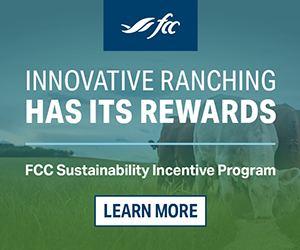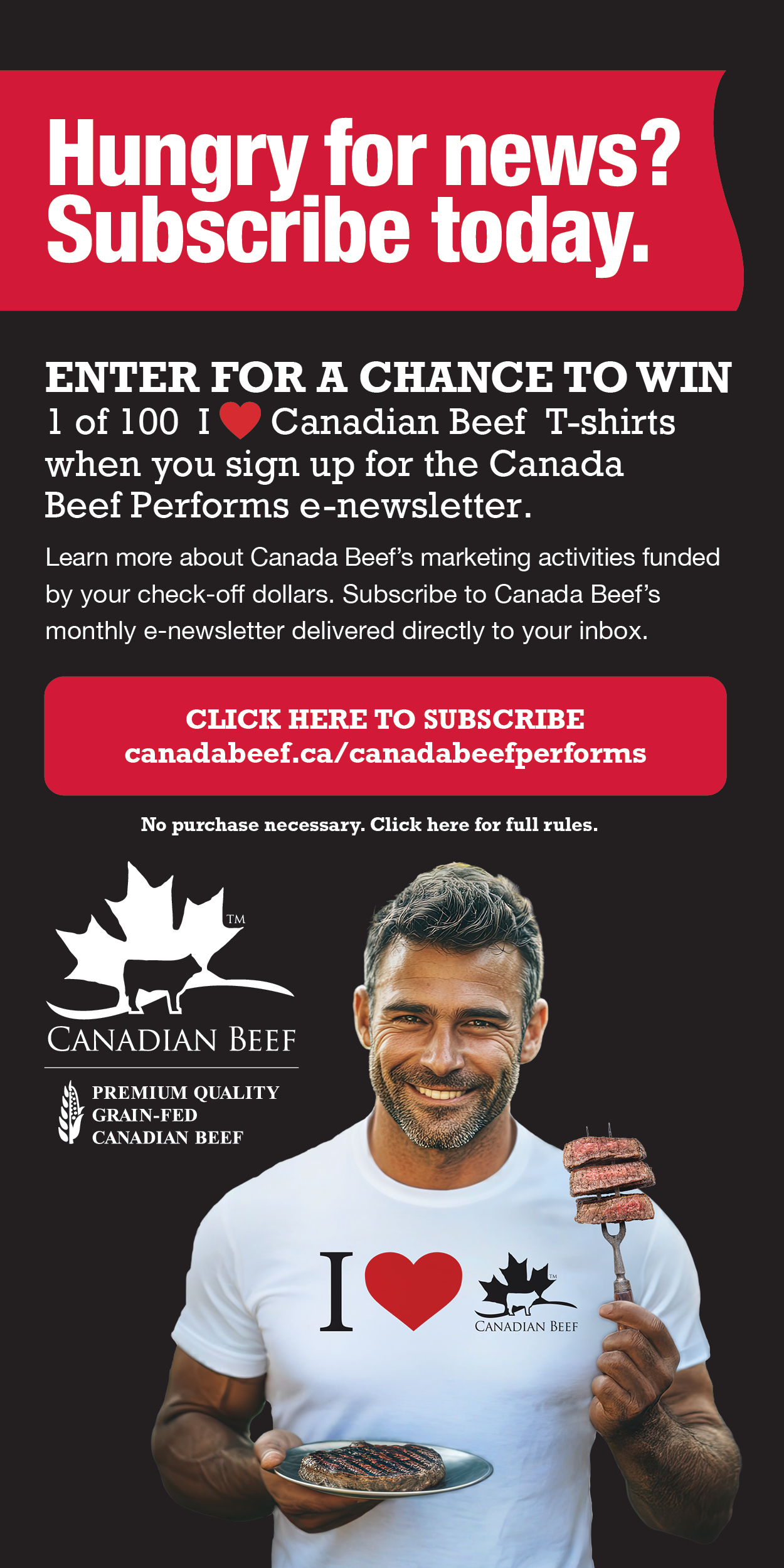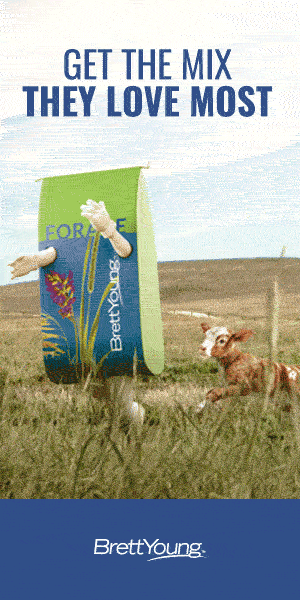AB Direct - Steers
Rail: ---
AB Direct - Heifers
Rail: ---
US Trade- Steers
Rail: ---
US Trade - Heifers
Rail: ---
Canadian Dollar
0.17
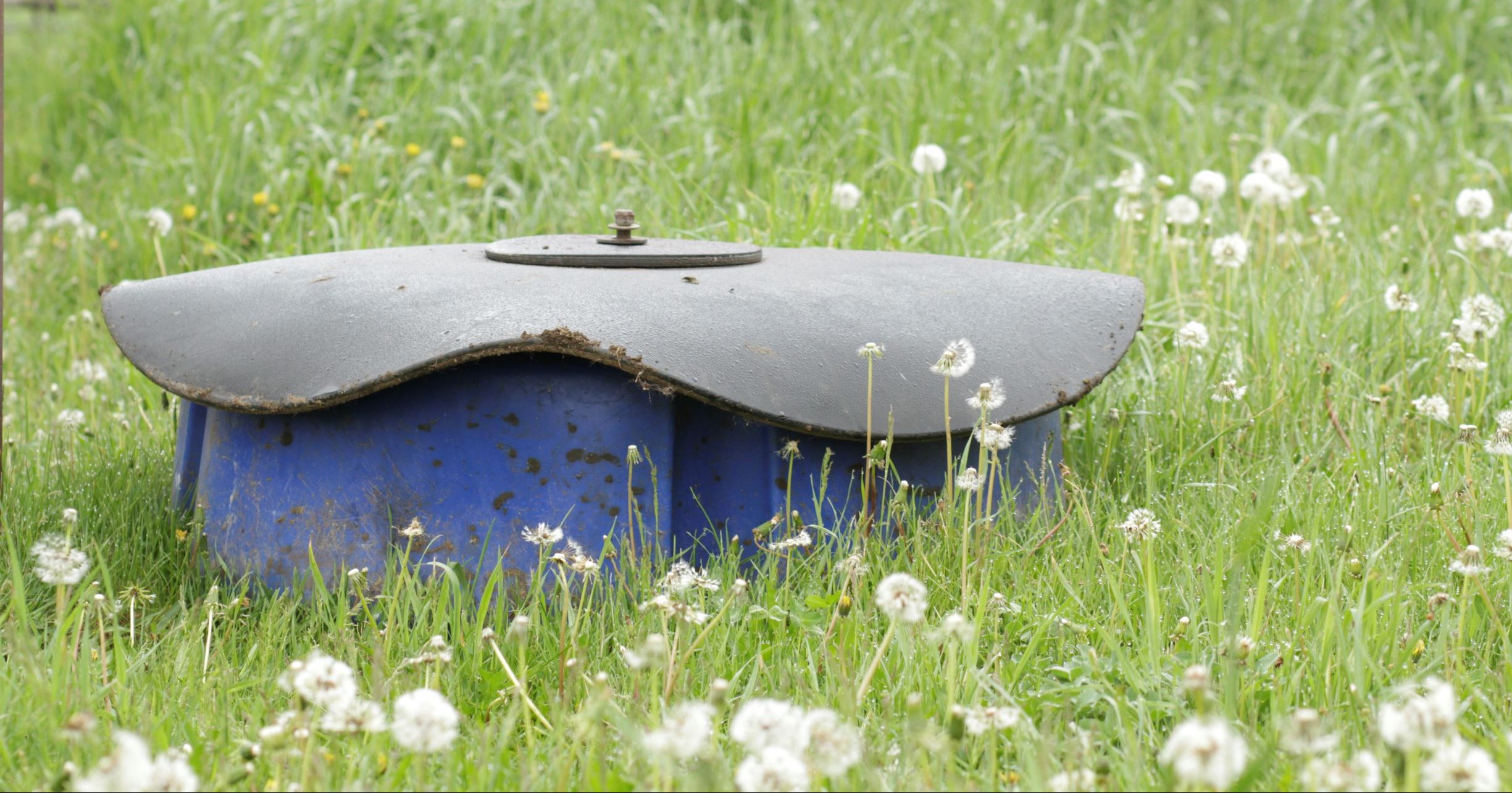
The A-D-Es of vitamin supplementation
Ruminant Nutritionist Lynne Girardin provides supplement recommendations to support health in weaning calves.
Getting calves off to a healthy start depends on a combination of factors, including good genetics, a healthy heifer, and ample, high quality colostrum. “A healthy cow means healthy milk, and healthy milk means a healthy calf,” suggests Lynne Girardin, ruminant nutritionist with BeefSmart.
But even calves that get off to a great start face challenges during the weaning period. “Weaning itself produces high stress for calves, and they are often undergoing vaccination protocols at that time, and possibly being moved to a feedlot. All these factors contribute to increased stress,” Girardin says.
Supplements are a good strategy to support nutrition and a responsive immune system during the stressful weaning period, and beyond. “We see benefits across Canada in calf growth and performance from supplementing year round,” says Girardin.
Starting Solids
When calves begin weaning, it’s crucial to get them on feed quickly, and ensure their intake meets requirements. Girardin says expected dry matter intake for a newly weaned calf (between 300 and 500 pounds) is nine to 15 pounds. If intake is half that, which is common in stressed calves, disease issues may follow, and growth and performance will begin to lag.
Although it’s not essential to successful weaning, Girardin recommends creep feeding, providing calves with a grain-based supplement prior to weaning, to create an overlapping period during which they still have access to the cow. “It’s crucial to get newly-weaned calves to eat as quickly as possible, so presenting them with a feed they’re already familiar with can help.”
Focus on Fat-Soluble Vitamins
Right from the start, healthy calves need a mineral and vitamin premix to supplement nutrition in their daily ration, and fat-soluble vitamins A, D and E are key. Says Girardin: “Vitamins A and E are essential to improve immune function and support growth, and they are not produced naturally in the animal. Vitamin D supports healthy immune function, and calves produce some through exposure to sunlight, but this may not be adequate to meet the animal’s requirements.”
Providing calves with sufficient levels of vitamins A, D, and E is especially important during stressful periods, says Girardin, and will elevate immune response to vaccinations.
Supplementing water-soluble vitamins B and C is less important, because the rumen produces enough of these, generally. But if calves lack the essential fat-soluble vitamins A, D and E during their growth period? “It will definitely impede calf performance through lowered average daily gain,” says Girardin.
Table 1. Fat-Soluble Vitamin Requirements for Growing Calves (Dry Matter)*
| Vitamin A | 2200 IU/kg | |
| Vitamin D | 270 IU/kg | |
| Vitamin E (weaned calves) | 15-60 IU/kg | |
| Vitamin E (finishing diet) | 100 IU/kg |
*NRC recommendations
Minimum requirements for a growing calf in the final diet on a dry matter basis.
Forage Feeding Suggestions
One way to ensure grass-fed animals get better nutrition is by rejuvenating pastures. “If you have vigorous pastures containing a diverse variety of forages, they will supply more of the necessary nutrition. While this won’t eliminate the need for supplementation, it can make it more efficient,” says Girardin.
For most of the year, cattle do not get enough vitamin A or E through feed. Girardin explains: “Vitamin A is present in leafy green forages. As soon as those feeds are stored, they dry out and the fat-soluble vitamin content quickly decreases through oxidation, rendering them unavailable.”
In a dry year like 2021, forages dry out early, creating the need to supplement earlier. “Many cow herds lacked vitamins for longer than usual. That can really affect the cow’s immune function and quality of milk, and therefore the calf’s immune function,” Girardin explains.
Vitamins A, D and E are stored in the fat and liver for two to three months. In a normal year, producers might be able to wait to supplement till November or December. However 2021 was so dry that grass matured in many areas by mid-July, pushing the need for supplementation back to earlier in the fall or winter feeding period.
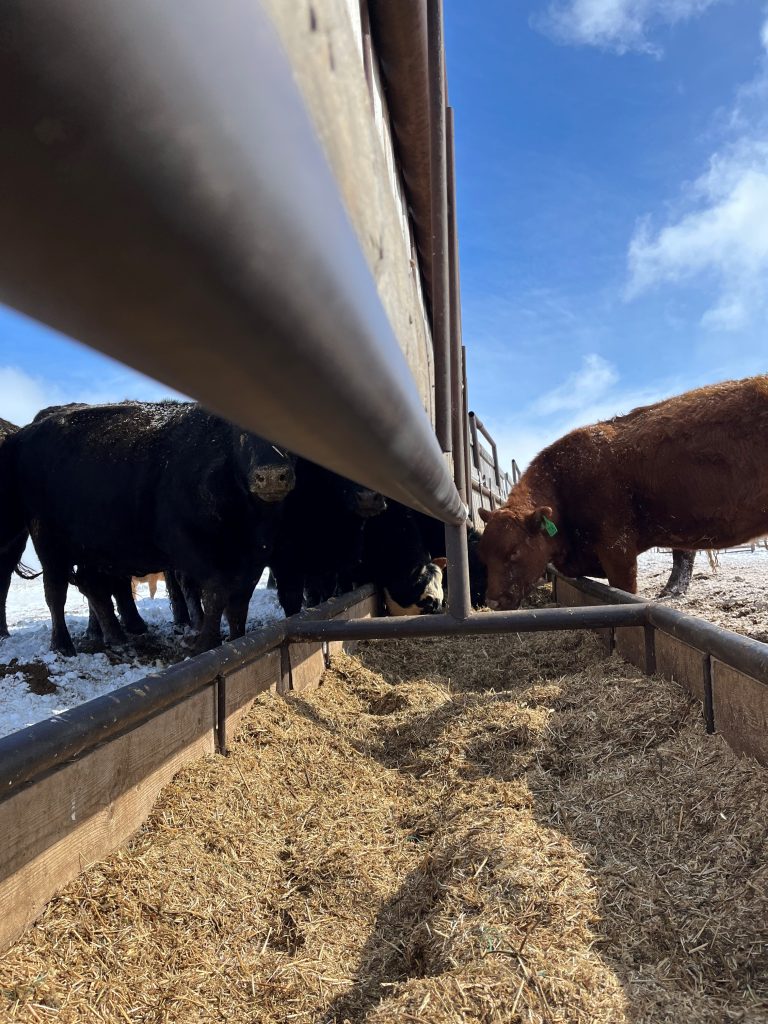
(Tara Davidson/Lonesome Dove Ranch)
Paired Nutrients Support Calf Health
Fat-soluble vitamins interact with other nutrients and minerals in the body to support health, and understanding these interactions is important, suggests Girardin. Vitamin E supports selenium absorption, so if a calf is deficient in vitamin E for long periods, no matter how much selenium is present in the diet, it might not be readily absorbed. If zinc is deficient, either because it isn’t present at accurate levels or in the correct form, vitamin A absorption may be lower.
There is also a relationship between vitamin D and calcium absorption. “Animals housed outside produce some vitamin D through sunlight exposure, but it also plays an important role in bone growth and long-term health through calcium and phosphorus absorption. So if vitamin D is lacking, we see bone growth issues through lack of calcium absorption,” explains Girardin.
Additionally, most B vitamins (thiamine in particular) are produced by microbes in the rumen. On a high grain diet, or when sulfur supplementation is high (such as in corn distillers or canola straw), there can be some tie up in thiamine, increasing incidents of polio. Some producers may see a benefit to supplementing thiamine in these cases, suggests Girardin.
Choose the Right Program
To evaluate a vitamin supplementation program, check the level of vitamins and minerals present to ensure your animals won’t either over- or under-consume any nutritional components. Finally, ensure you follow a supplementation program balanced for a cow’s requirements at the right stage of development.
This article was first published in Volume 2 Issue 2 of ABP Magazine (April 2022). Watch for more digital content from the magazine on ABP Daily.


